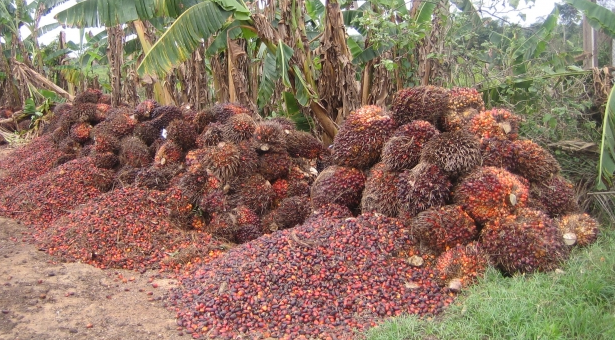I am worried over the recent low performance of Nigeria in the production of oil palm especially now that there is a great increase in the global demands for the product. Between 1964 and 2018, the demand for oil palm globally has increased from 1.2 million metric tonnes to over 73.3 million metric tonnes.
Malaysia and Indonesia are two leading countries in the sector currently growing over 60% of the world’s oil palm trees.
Nigeria, which used to be a leading producing country in the 1960s is now 5th in the rank of producers due to protracted neglect by the government.
The fundamental challenges confronting the sector in Nigeria include the subsistence nature of cultivation, the high cost of production and concerns for environmental compliance. Others are low yields, unacceptable processing procedures and poor access to finance and high domestic price which has hindered export.
The formal mandate of the Nigerian Institute for Oil Palm Research is to conduct research into the production and products of oil palm and other palms of economic importance and transfer its research findings to farmers.
Nigeria has imported palm oil worth over $3.2billion in the last seven years. The greatest challenge in Nigeria is that NIFOR has totally disconnected from potentially small-scale and out-grower smallholder farmers of palm oil plantations.
NIFOR should be rejuvenated to enable it assist smallholder farmers to get access to the latest technology to enhance their ability to be more efficient.
Such assistance can come through the provision of technical assistance seed, fertilizer, pesticides and loans.
NIFOR can also assist to close the efficiency gap between large plantations and smallholders so that smallholders can increase their annual yields and continue to keep the costs of inputs relatively low.
Investors should be encouraged to take advantage of research findings of the Nigeria Institute for Oil Palm Research in Benin City to access improved high-yielding seedlings to be able to cultivate oil palm at the plantation level.
Adequate attention must also be paid to meeting the international standards of the global palm oil supply chain.
Inwalomhe Donald lives in Benin City, inwalomhe.donald@yahoo.com

 Join Daily Trust WhatsApp Community For Quick Access To News and Happenings Around You.
Join Daily Trust WhatsApp Community For Quick Access To News and Happenings Around You.

